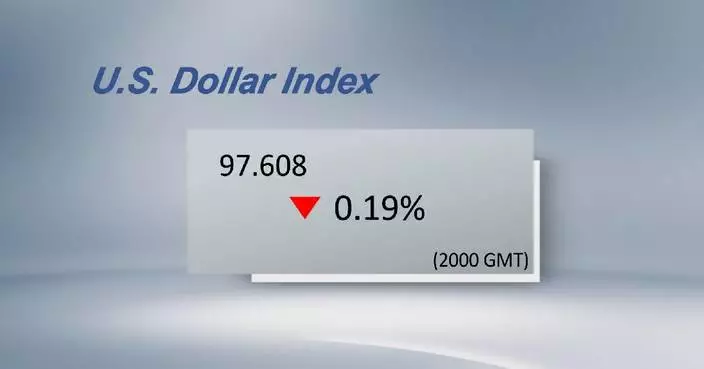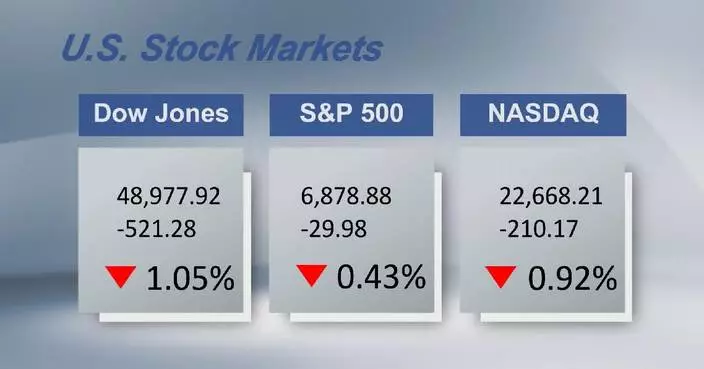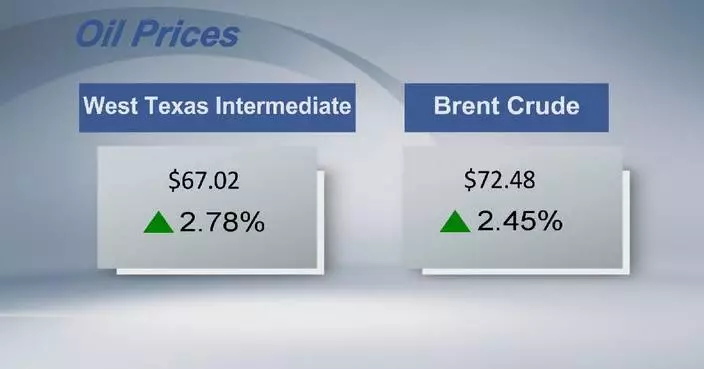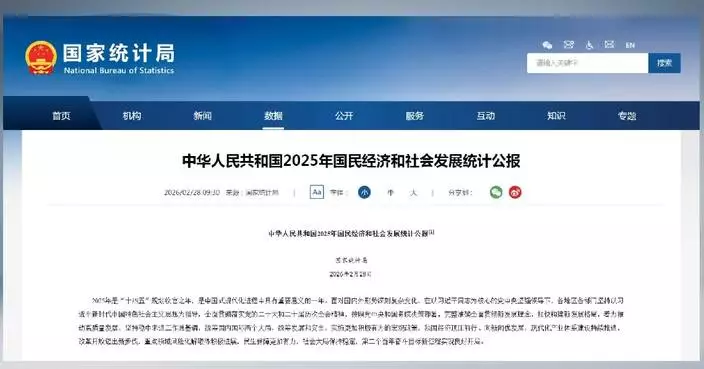The success of the wheat farm in Sharjah of the United Arab Emirates (UAE) marks an important step in enhancing food self-sufficiency for the country.
The UAE has long relied on food imports, importing about 1.7 million tons of wheat each year.
Against the desert sands of Sharjah, the wheat farm, which applies desalinated water for irrigation, commenced operations in 2022 and is expected to expand to 1,900 hectares by the end of this year.
Experts report that a major milestone has been achieved with the successful cultivation of locally adapted wheat varieties in specialized breeding fields, tailored to thrive in the UAE's unique climate conditions.
Meanwhile, the smart irrigation system, which employs ground sensors and weather stations to monitor soil moisture in real time, enables the precise irrigation control to ensure healthy crop growth even under extreme conditions.
Furthermore, only a dozen workers are required to manage wheat cultivation on the 1,900-hectare farm, with irrigation and fertilization operations precisely controlled by advanced digital systems.
"We started planting in October till March, and within this season, as I mentioned, we have used state-of-the-art technologies. We have thermal satellite imagery, daily ones that can tell us more than 17 kinds of data that we can get out of it. For example, the soil moisture, the nitrogen in the soil, the water status of the soil and so on," explained Abdelaziz Hassooni, Programmer at the Sharjah Agriculture and Livestock Department.
In the future, this farm will not only supply the local market but may also become a model for desert agriculture, providing a reference for other regions.
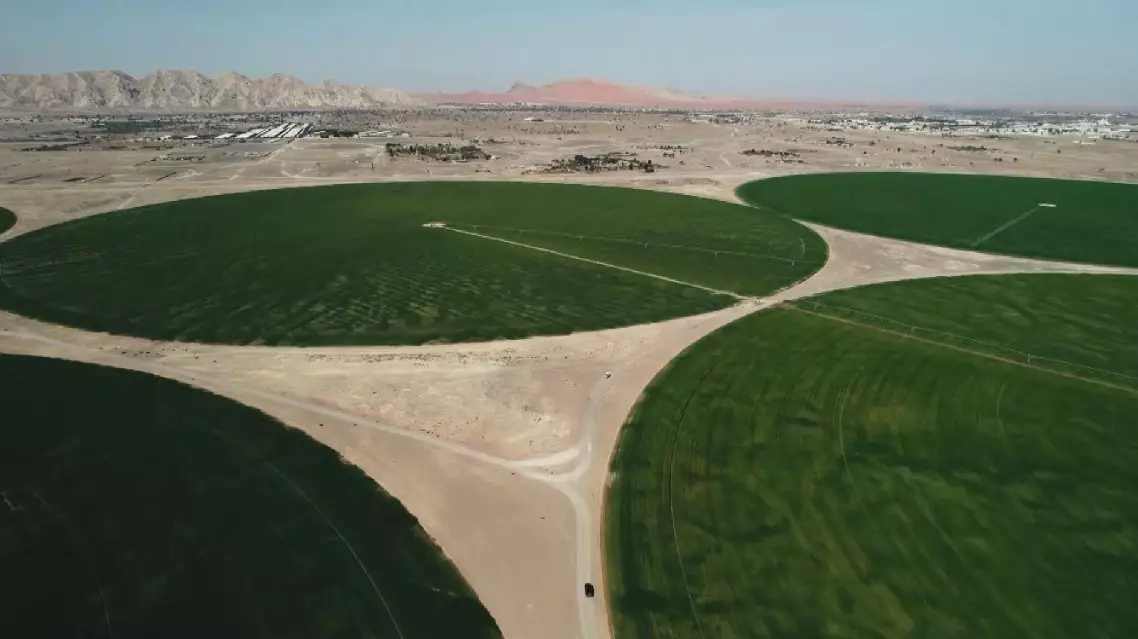
Smart agricultural technology turns deserts into farmlands in UAE
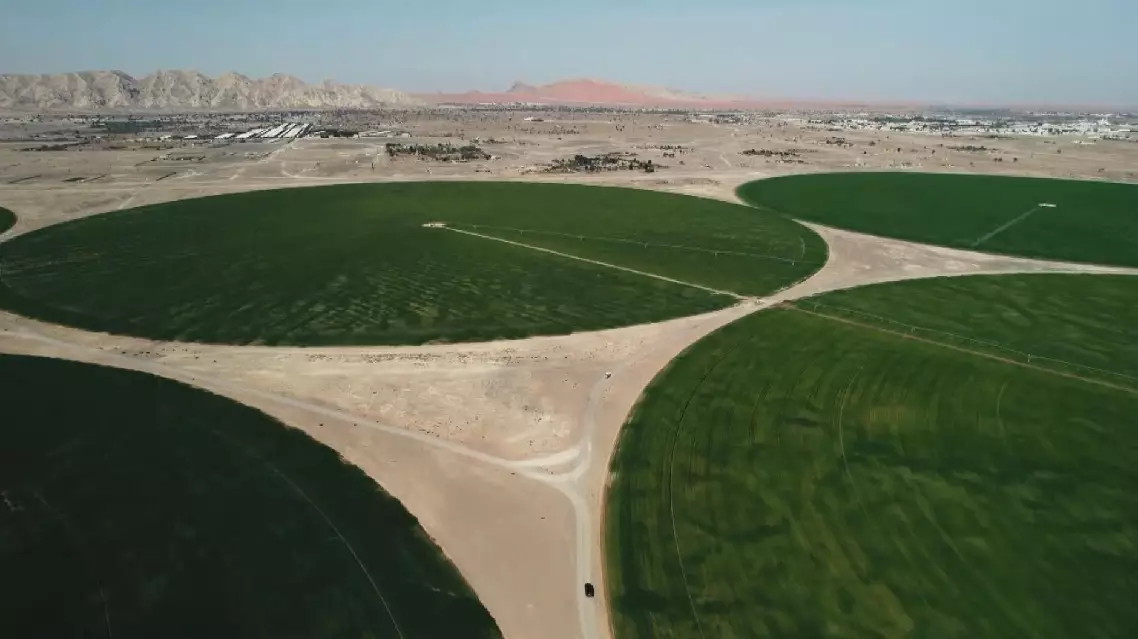
Smart agricultural technology turns deserts into farmlands in UAE






